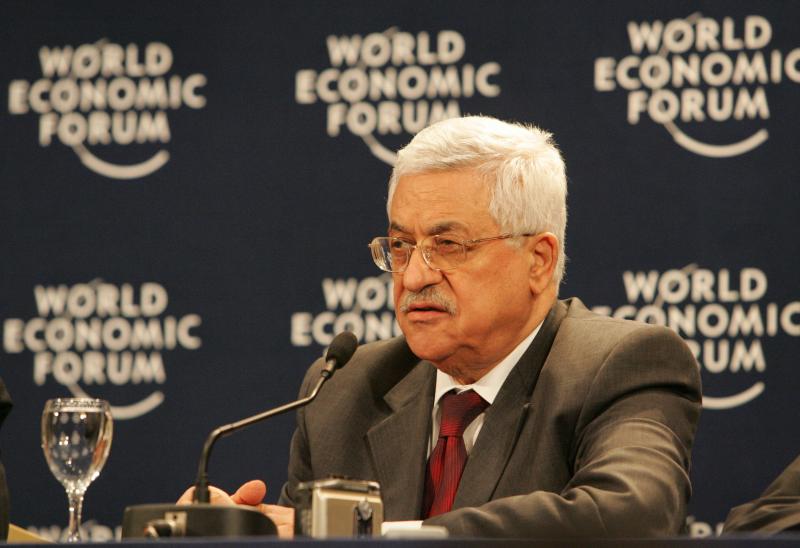Many Israelis and supporters of Israel who wish to see a sovereign Jewish state living securely, at peace with its neighbours and fully contributing to the advancement and welfare of the world, of the region and of its own citizens, believe that this can only be achieved if the Palestinians, too, have a sovereign place of their own. Ruling, even in the most benign manner, over millions of Arabs who do not wish to be citizens of Israel will always be a permanent stumbling block to achieving such a shimmering state of peace, security and true national fulfilment.
Getting to that sovereign place for Palestinians, however, has proven to be impossible.
As more evidence continues to accumulate, adding to the mountain of facts that first started to pile up in the second decade of the last century, honest observers of the conflict must finally admit that the reason for this – for the absence of a sovereign state for Palestinian Arabs in the year 2016 – has been the visceral, atavistic, faith-based refusal among generations of self-appointed Palestinian leaders to accept a sovereign Jewish presence in their midst.
The men who vaulted themselves to the head of the Palestinian political line – Haj Amin El Husseini, Ahmad Shukairy, Yasser Arafat, George Habash, Khaled Mashal and Ismail Haniyeh – have all predicated the rise of a Palestinian state upon the cinder, smoke and ash of a Jewish one.
To this list, it seems, we can now add Mahmoud Abbas.
How else can we explain his senseless but revealing decision to sue Great Britain for having issued the famous Balfour Declaration nearly 100 years ago?
British Foreign Secretary, Lord Arthur Balfour, issued the declaration on Nov. 2, 1917. It was addressed to Lord Rothschild, the paradigmatic representative of the Jewish People, in the British government’s mind at least. Balfour was motivated by pressing geopolitical and military factors as well as by his strong Christian beliefs. So he arranged for the War Cabinet of Great Britain to authorize him to send the following statement to Lord Rothschild.
“His Majesty’s government views with favour the establishment in Palestine of a national home for the Jewish People, and will use their best endeavours to facilitate the achievement of this object, it being clearly understood that nothing shall be done which may prejudice the civil and religious rights of existing non-Jewish communities in Palestine, or the rights and political status enjoyed by Jews in any other country.”
Even at the very moment of its public issuance, the declaration was merely a statement of inclination. It was not binding policy. Actually, Britain never implemented policy that even remotely hued true to the declaration. In sad point of fact, Britain effectively reversed the spirit underlying the declaration when it published and implemented its infamous White Paper, limiting and then preventing immigration by Jews to Palestine at the very harshest moments of the Nazis’ persecution and slaughter of Jews.
Jonathan Tobin, a political commentator for Commentary, astutely points out that “by focusing on the Balfour Declaration and treating it as illegal, what the Palestinians are doing is rejecting the very legitimacy of the Jewish presence anywhere in the country.”
This, unfortunately, is not new. It has been the Palestinian leaders’ recurring tactic since the Balfour Declaration was proclaimed a long century ago. They seek first to tear down the society built by the Jews before they attempt to raise a society of their own. They have failed. And they will always fail, for, as Lord Balfour knew, the Jews are indigenous to the territory the Romans took from the Jews and named Palestina in 132 BC and the Jews renamed the State of Israel in 1948.
Weep for the Palestinian people because they continue to be victimized and betrayed by their own leaders. And then weep, too, for the possibility of permanent peaceful coexistence between Israelis and Palestinians.
